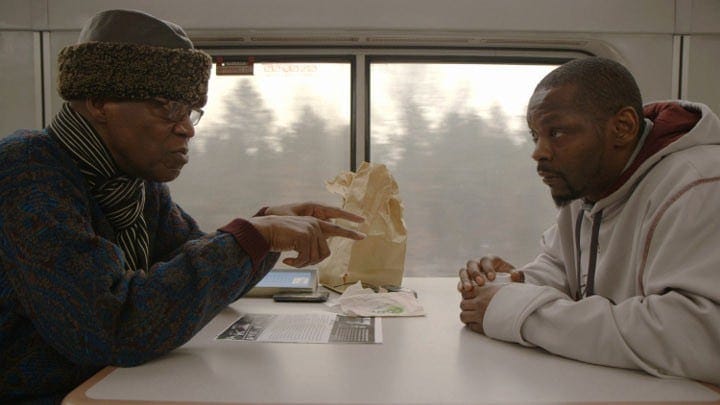It’s become something of a cliche that the best of the Tribeca Film Festival can always be found among the documentaries. It’s true, of course, yet it’s hardly the most interesting thing to say. Unfortunately, sometimes it’s a struggle to say something else. For example, the New York Times published a preview that characterizes this year’s crop of docum…
Keep reading with a 7-day free trial
Subscribe to Nonfics to keep reading this post and get 7 days of free access to the full post archives.



